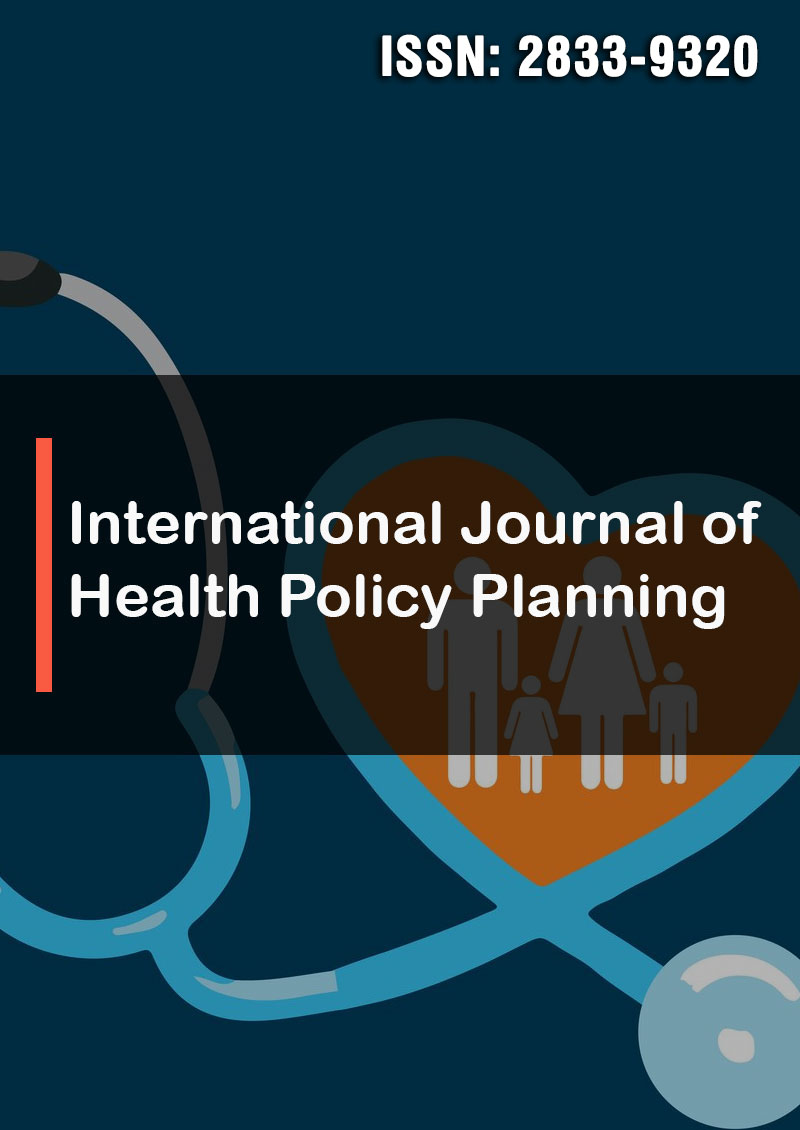Dental Caries in Childhood after COVID-19 Pandemic in Salvador-BA, Brazil
Abstract
Verena Santos Costa, Amanda Araújo De Carvalho, Maria Cristina Teixeira Cangussu and Tatiana Frederico De Almeida
Introduction: Early childhood caries is a significant public health problem among preschool children. The COVID-19 pandemic, which restricted dental services, altered family dynamics, affected child development, and created new caregiver demands, may have exacerbated this issue.
Objective: Analyze the occurrence and severity of caries and identify associated factors in preschool children attending public municipal daycare centers in Salvador, Bahia, Brazil.
Methodology: A cross-sectional epidemiological study was conducted to investigate caries in children aged 2 to 5 years in 2022 and 2023. Caries were assessed using the Decayed, Extracted, Filled, and Missing Teeth (DEFT) index, and prevalence was calculated. Sociodemographic, family dynamic, dietary, and healthcare utilization data were obtained through a questionnaire. After descriptive and exploratory analyses, robust Poisson multivariable regression was conducted at a 5% significance level, considering socioeconomic, psychosocial, and behavioral aspects.
Results: 440 preschoolers participated, with a mean age of 55 months. The majority were Black or mixed race (88.86%) and female (52.73%). The prevalence of caries was 30.91% and the mean DEFT score was 1.1. In the multivariable analysis, low family income (up to one minimum wage) and not playing outdoors during the pandemic were associated with a higher prevalence of caries.
Conclusion: The prevalence and severity of caries remain high, and the pandemic has contributed to the maintenance of this epidemiological scenario. Public health measures and policies promoting social justice should be planned to improve oral health conditions in childhood.




